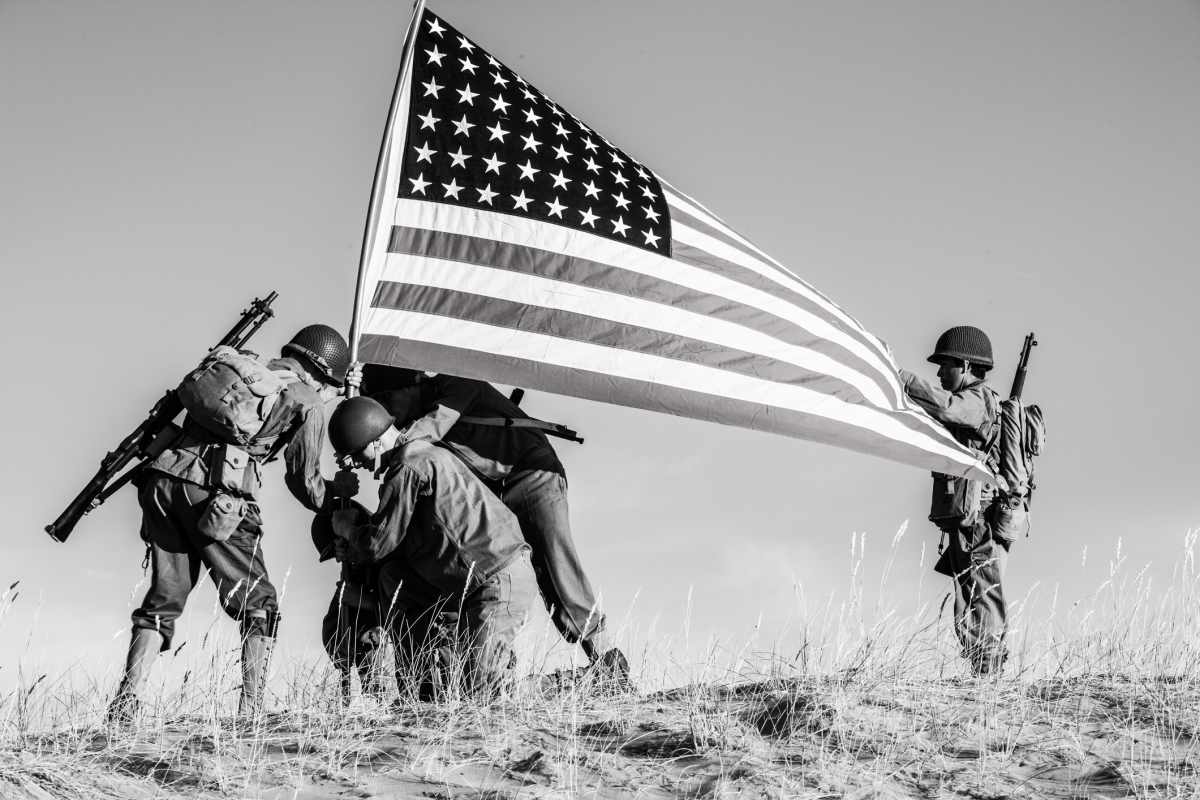Son hadn't heard his late war hero dad's voice in 60 years — until his mom spotted him in a Muhammad Ali documentary
He led Charlie Company, Second Battalion, 27th Infantry — the 'Wolfhounds' — earning two Purple Hearts and a Silver Star.

For almost six decades, the Pitts children grew up remembering Captain Riley L. Pitts through photos and stories, but never his voice. Captain Pitts — the first Black officer to receive the Medal of Honor — died in the Vietnam War on October 31, 1967, when his son Mark Pitts was three and daughter Stacie McGill was five. Neither could recall the sound of his voice, until now. On Memorial Day, ABC News brought their father back to them. Hidden in the ABC archives were more than 40 minutes of footage showing Captain Pitts led his men in combat weeks before his death.

The discovery happened by chance when Mark’s mother, Eula Mae Pitts, was watching the Ken Burns documentary on Muhammad Ali when she spotted a fleeting clip of her late husband being interviewed in Vietnam. She called her son, urging him to track it down, and that tip led ABC director Anthony Perrone deep into the network’s archives. What he found was more than 40 minutes of unaired film showing Captain Pitts leading his men in combat. Before the war, Riley Leroy Pitts was already exceptional. A college graduate fluent in two languages, he left a Boeing job to join the Army during a time when fewer than 3% of Black Americans held college degrees.

He led Charlie Company, Second Battalion, 27th Infantry — the "Wolfhounds" — earning two Purple Hearts and a Silver Star. Just weeks before he was set to return home for Thanksgiving, Capt. Pitts was killed in combat at age 30. When Mark and Stacie finally saw the recovered footage, the moment was overwhelming. "I’m seeing more than I expected and I don't know if I was quite ready for that much," Mark said, teary-eyed. Stacie recalled her "overwhelming sense" of him playing on the floor with them, and his "deep, booming laugh." Soldiers who served under him called him "a man among men" whose leadership kept the unit together. "Without his leadership, everybody would have completely fallen apart," one said.


The footage was aired on ABC's Nightline, and people were moved by the emotional story. @0-blitz wrote, "I didn't hear my father's voice until I was in my 50s. He was KIA in Vietnam in 68... 11 months after I was born. My dad would send reel-to-reel audio tapes to my mom while he was in Vietnam. I had a few tapes converted to CDs, and that is how I finally got to hear my dad's voice. RIP, Captain Pitts." @maximusdaniel5721 said, "Forty minutes of footage! That’s incredible. When his son said, 'I missed out on something special,' that hit deep." @sharongrant6498 commented, "I teared up, and I don't even know these people. The fam lost so much. The country gained so much."
For the Pitts family, hearing and seeing Capt. Pitts again was a kind of connection they thought they had lost forever. Bereavement research shows that hearing a deceased loved one’s voice or seeing them can bring comfort and help people process grief. A 2024 paper on family audio books (voice and video keepsakes) notes that giving children recordings that "capture [a parent’s] appearance and voice" can help keep memories vivid and support coping after loss. For the Pitts family, this discovery is a gift. Capt. Pitts' sister Erma Jean Carlton, who is now 89, gently smiled as her eyes lit up when she saw the footage, saying it made her feel "close to him."

 Share on Facebook
Share on Facebook





